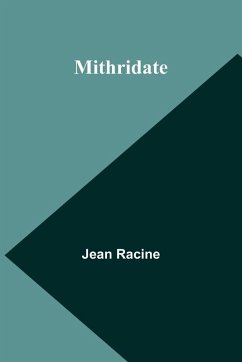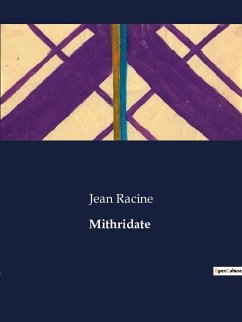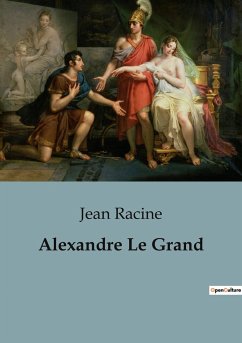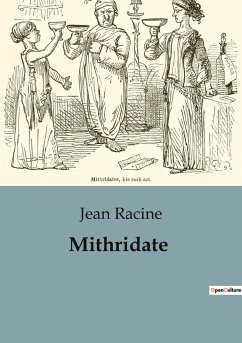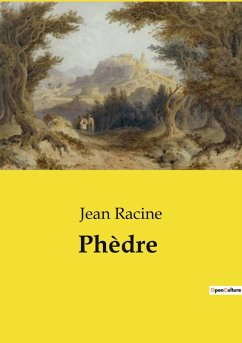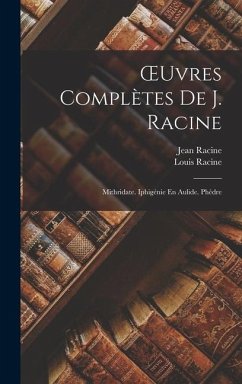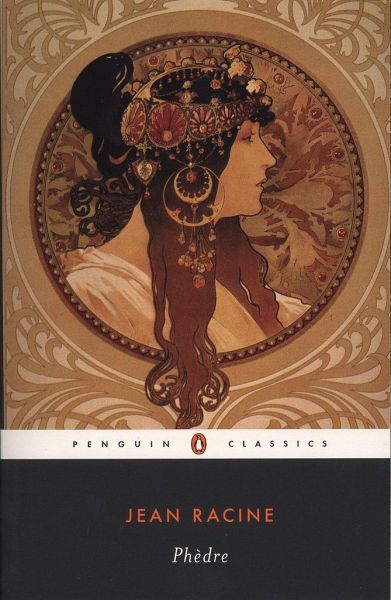
Phèdre
Édition bilingue

PAYBACK Punkte
8 °P sammeln!
The myth of Phaedra is one of the most powerful and haunting in all of classical mythology. As dramatized by the French playwright Jean Racine (1639-1699), the dying queen's obsessive love for her stepson, Hippolytus, and the scrupulously upright Hippolytus's love for the forbidden beauty Aricia has come to be regarded as one of the great stories of tragic infatuation, the model for dozens of works about twisted family love. Ted Hughes's "tough, unrhyming avalanche of a translation" (Paul Taylor, The Independent) replaces Racine's alexandrines with an English verse that serves eloquently to convey the protagonists' passions. The translation, performed to acclaim in London in 1998, will be staged at the Brooklyn Academy of Music in 1999, starring Diana Rigg. "We are still catching up with Ted Hughes's gift for narrative verse after his Tales from Ovid", one English critic observed after the premiere. "Little needs to happen on stage when there's a swirling action-packed disaster movie -- riddled with sex and violence -- in Hughes's free verse".
Racine's play Phèdre-which draws on Euripides' tragedy Hippolytus-is the supreme achievement of French neoclassic theater. In her amusing foreword, Margaret Rawlings explains how this particular translation-made specifically from the actor's point-of-view-evolved from the 1957 Campbell Allen production. Containing both the French and English texts on facing pages, as well as Racine's own preface and notes on his contemporary and classical references, this edition of Phèdre is a favorite among modern readers and is of special value to students, amateur companies, and repertory theaters alike. Translated and with a foreword by Margaret Rawlings.





